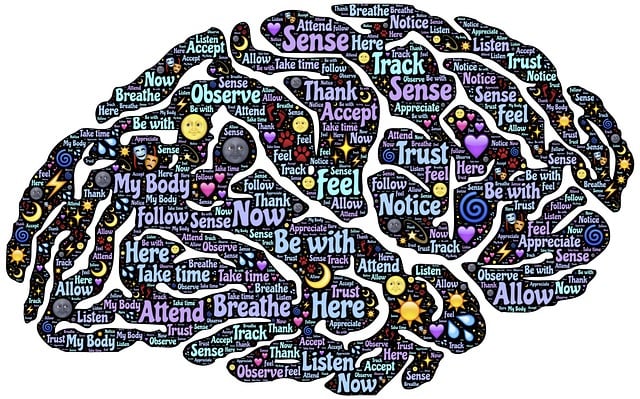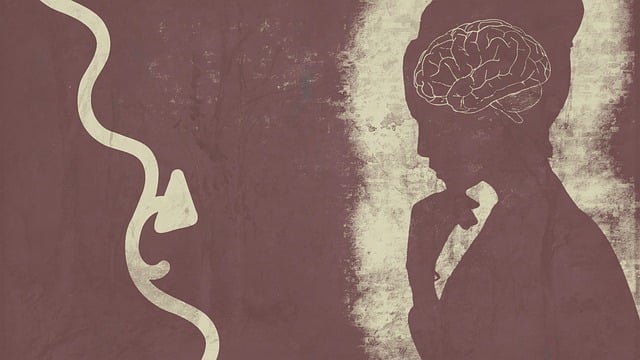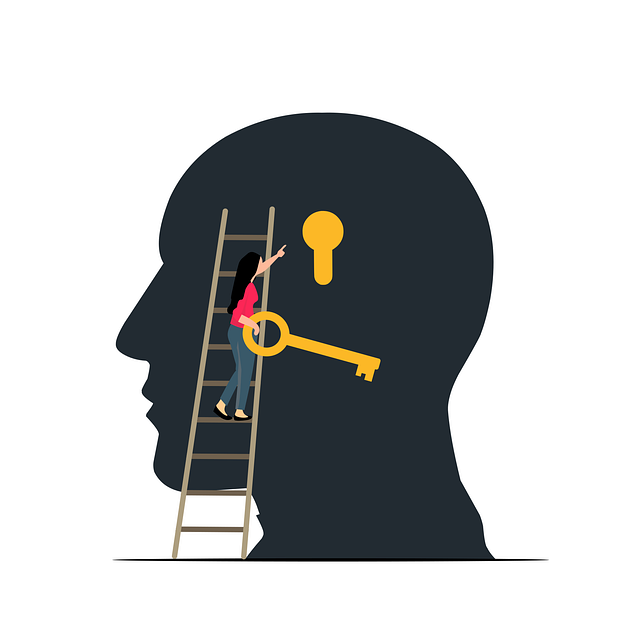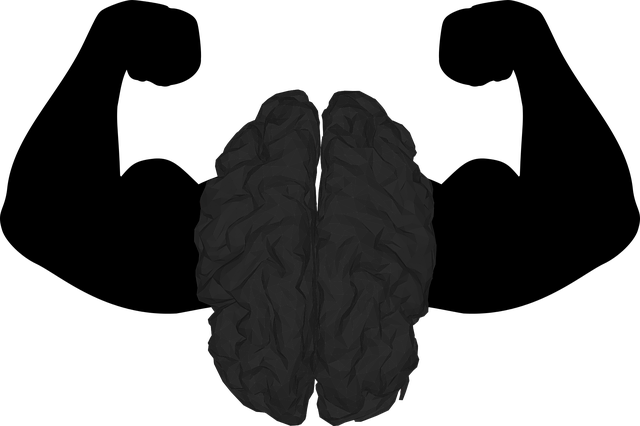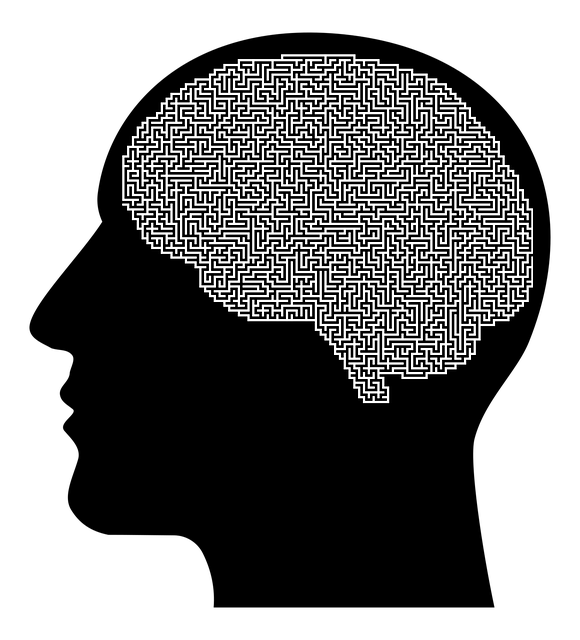Therapy for adolescent teens incorporating psychological testing is a comprehensive approach to mood regulation, addressing biological, psychological, and social factors. Assessments identify emotional regulatory skills, triggers, and coping mechanisms, enabling personalized strategies like self-awareness exercises and Social Skills Training. CBT techniques change negative thought patterns, fostering resilience and overall well-being. Integrating evidence-based practices, robust lifestyle habits, and support systems enhances long-term mental wellness for vulnerable adolescents.
Mood regulation strategies are essential tools for navigating life’s challenges, especially for adolescents. This comprehensive guide explores various approaches to managing moods, focusing on the unique needs of teenage minds. We delve into the basics of understanding mood regulation and its significance in adolescent well-being. Additionally, we highlight effective therapies, psychological testing methods, cognitive-behavioral techniques, and lifestyle adjustments that parents and caregivers can employ to support teens in managing their emotions healthily, with a particular focus on the role of therapy for adolescent teens and psychological testing.
- Understanding Mood Regulation: Unraveling the Basics
- The Role of Therapy in Adolescent Teen Mood Management
- Psychological Testing: Identifying Underlying Issues
- Cognitive-Behavioral Techniques for Effective Mood Control
- Lifestyle Adjustments and Support Systems for Long-Term Well-being
Understanding Mood Regulation: Unraveling the Basics

Understanding Mood regulation involves recognizing that our emotions are a complex interplay of biological, psychological, and social factors. For adolescent teens, this process is particularly crucial as they navigate the challenges of growth and identity formation. Therapy for adolescent teens often incorporates psychological testing to assess emotional regulatory skills and identify areas for improvement. These tests can provide valuable insights into an individual’s thought patterns, triggers, and coping mechanisms, forming a foundation for personalized strategies.
Self-awareness exercises are a cornerstone in this process, encouraging teens to recognize their emotions and the situations that evoke them. Additionally, Social Skills Training can enhance emotional regulation by teaching effective communication techniques and improving interactions with peers, fostering a sense of belonging and support. Together, these approaches aim to empower adolescents with the tools necessary to manage their moods healthily.
The Role of Therapy in Adolescent Teen Mood Management

For adolescent teens navigating tumultuous moods, therapy emerges as a beacon of hope and guidance. Beyond addressing symptoms, therapeutic interventions delve into the root causes of emotional distress, facilitating profound inner strength development. Through psychological testing and tailored strategies, therapists equip teens with essential coping mechanisms for managing their mental health effectively.
Therapy provides a safe space for adolescents to explore and process complex emotions, traumas, or life stressors that may be contributing to their mood swings. This nurturing environment facilitates emotional healing processes, empowering teens to develop healthy coping strategies and enhance their overall well-being. By addressing underlying issues, therapy goes beyond temporary relief, fostering resilience and long-term emotional stability for young individuals.
Psychological Testing: Identifying Underlying Issues

Psychological testing plays a pivotal role in mood regulation strategies, especially for adolescent teens. Through comprehensive assessments, therapists can identify underlying emotional and psychological issues that may be contributing to poor mental health. This process involves various tools tailored to evaluate specific aspects of an individual’s psyche, such as cognitive abilities, personality traits, and emotional intelligence. By gaining these insights, therapists can design personalized therapy plans targeted at addressing core problems.
For instance, psychological testing might reveal strengths and weaknesses in a teen’s emotional intelligence, prompting the development of a self-care routine tailored to enhance emotional awareness and resilience. This approach not only helps manage existing mood disorders but also fosters long-term mental well-being by promoting positive thinking and effective coping strategies. The process is a critical step towards empowering adolescents to navigate their emotional landscapes with greater understanding and control, ultimately enhancing their quality of life.
Cognitive-Behavioral Techniques for Effective Mood Control

Cognitive-Behavioral Techniques (CBT) offer powerful tools for teens to manage their moods effectively. This therapeutic approach focuses on identifying and changing negative thought patterns that can trigger emotional distress. By understanding the connection between thoughts, feelings, and behaviors, adolescents learn to challenge distorted thinking and replace it with more balanced perspectives. CBT encourages active participation in tracking moods, pinpointing triggers, and developing coping strategies tailored to individual needs.
Through psychological testing and assessment, therapists help teens uncover underlying issues contributing to their mood swings. This process involves risk management planning for mental health professionals, ensuring a safe and supportive environment for vulnerable adolescents. By integrating evidence-based practices like stress management workshops and compassion cultivation, CBT goes beyond symptom reduction. It equips teens with lifelong skills to navigate emotional challenges, fostering resilience and overall well-being.
Lifestyle Adjustments and Support Systems for Long-Term Well-being

For long-term mental wellness, especially for adolescent teens navigating therapy and psychological testing, establishing robust lifestyle adjustments and support systems is vital. Regular exercise, balanced diets, and sufficient sleep routines not only promote physical health but also significantly enhance one’s ability to regulate mood and cope with stress. These foundational habits create a stable base for managing mental illness and reducing stigma associated with seeking help.
Additionally, fostering strong social connections and relying on supportive networks can substantially contribute to anxiety relief. Whether it’s engaging in community activities, joining support groups, or leaning on family and friends, these relationships offer a sense of belonging and understanding. Such connections are crucial for adolescents as they navigate their emotional landscape, ultimately facilitating a more positive outlook on mental health and fostering resilience against adversity.
Mood regulation is a multifaceted skill, especially during adolescence. By understanding the basics of emotional management and leveraging tools like therapy for adolescent teens, psychological testing, cognitive-behavioral techniques, and supportive lifestyle adjustments, young individuals can navigate their emotions more effectively. These strategies empower teens to manage stress, anxiety, and depression, fostering long-term mental well-being. In light of these approaches, parents, caregivers, and educators play a crucial role in providing the necessary support for adolescent mood management.
